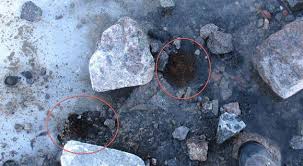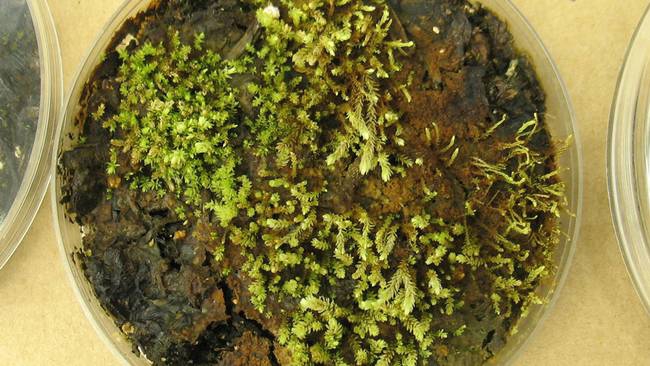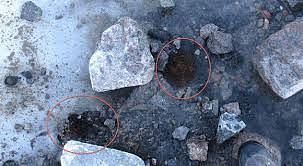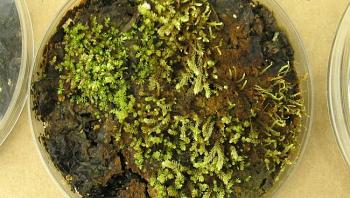Climate Change: 400-year old plants resurrect
Being concealed by ice would seem like passing away. But certain moss lately freed from the deep freeze after four eras seems to be doing just fine. That's according to a report in the Accounts of the National Academy of Sciences.
Ice sheets the world over are melting back and that's for the most part true in the Arctic. The meltdown is picking up speed, too.
As the ice melts it exposes the vegetation it had entombed. Scientists collected a sample of such vegetation in the Canadian territory of Nunavut to test its condition. Carbon seeing showed that the flora had not seen the sun from the time of the start of the Little Ice Age, specifically 400 years ago.
Back in the labs kindlier restrains, the moss picked up where they’d left off—the gathered sample extended out into a lively green blanket.
Glaciers on Ellesmere Island, off the shore of Greenland, are quickly retreating, like most glaciers around the globe. As they pull back, they are revealing whole bionetworks of mosses that are opening to wake up and flicker in the sunlight.
Researchers saw the recently revealed mosses just a few feet from the brink of Teardrop Glacier on Ellesmere, on land that had been concealed by the glacier merely a year before. Most of the mosses were dark, says La Farge, but they were physically unbroken, and some looked questionably green.
Undoubtedly, cryopreservation is a practice for keeping a comprehensive variety of living cells and tissue in stability—so the moss existence may not be such astonishment. And above that, moss is pretty resilient, with the talent to endure extreme conditions.
On the other hand, this resurrection after ice entombment shows the resiliency of some life as circumstances change. But reinstating the vanishing ice itself, well, that’s a far complicated matter.
Could "Global Warming" also expose humans and other biologixal life forms on Earth to potentially threatening strains of 400-year old bacteria?
Comments
There are 0 comments on this post















